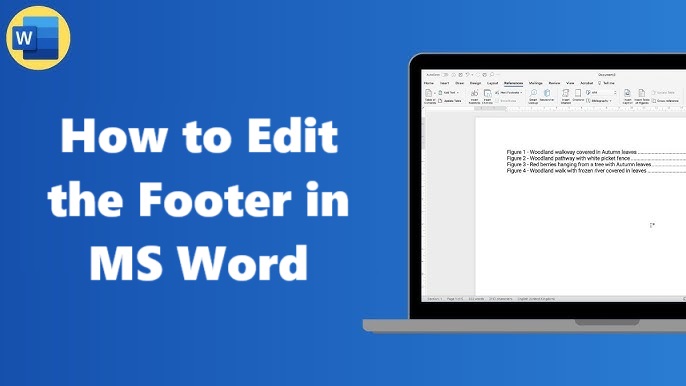Computerized tools or applications that involve calculations and data analysis, such as spreadsheets, in general, are perceived as something we use daily.
Despite containing several functions for calculating and structuring outcomes and large amounts of data, a spreadsheet remains one of the most effective tools for various tasks.
Now here are the ten everyday uses of spreadsheets:
1. Event planning and guest lists
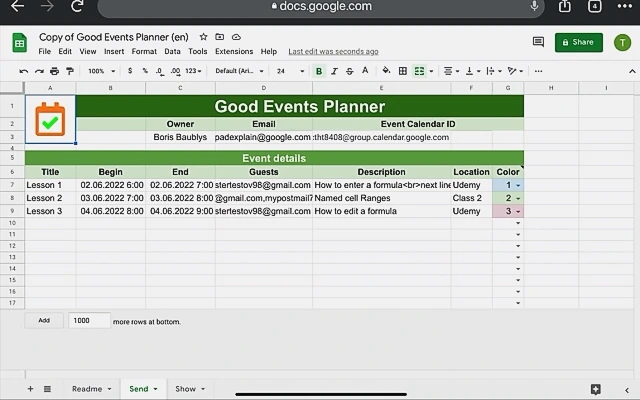
Life situations that suggest ordinary use of spreadsheets can be something like your kid’s birthday party or your wedding, create event planning spreadsheets to track tasks, deadlines, suppliers, and budgets. Furthermore, with sheets, you can navigate through guest lists, invitations, seating plans, and more.
2. Meal planning and grocery lists
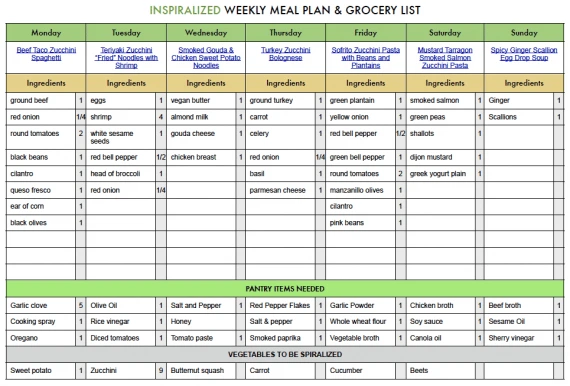
Using the programs, people can prepare weekly or monthly plans, input recipes with necessary ingredients, as well as calculate the necessary quantity of necessary products and create shopping lists.
This saves you time and energy and allows you to collect everything needed for meals, avoiding extra shopping and food purchasing.
3. Personal finance management
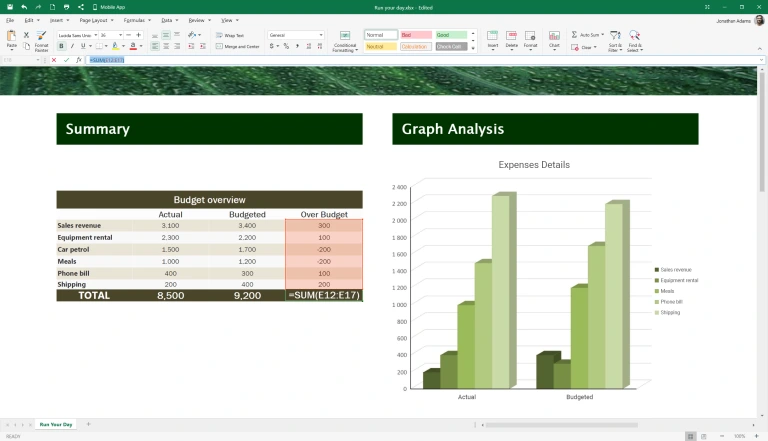
Like a great business venture, one’s private and domestic existence also has the inevitable costs that follow it. Fortune, the built-in functions & formatting allow you to build budget tables, keep track of expenses and evaluate spending trends.
Writing down your income and expenditures, you can create summaries where you can identify charts and graphs, which assist you in ascertaining the best means of viewing your income and expenditure.
4. Travel planning and Itineraries
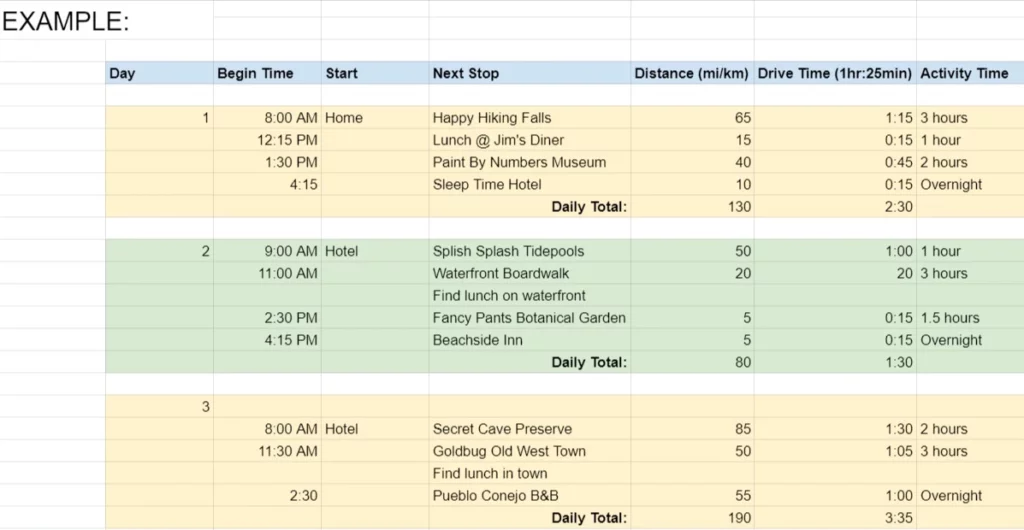
Out of all the tasks that are done daily, planning trips is one of the most frequent uses of spreadsheets, where people write down all the necessary details that are needed to create an appropriate schedule.
In this way, you can track your flights and necessary expenses and all important notes and information. You have the details at a glance.
5. Home inventory and asset management
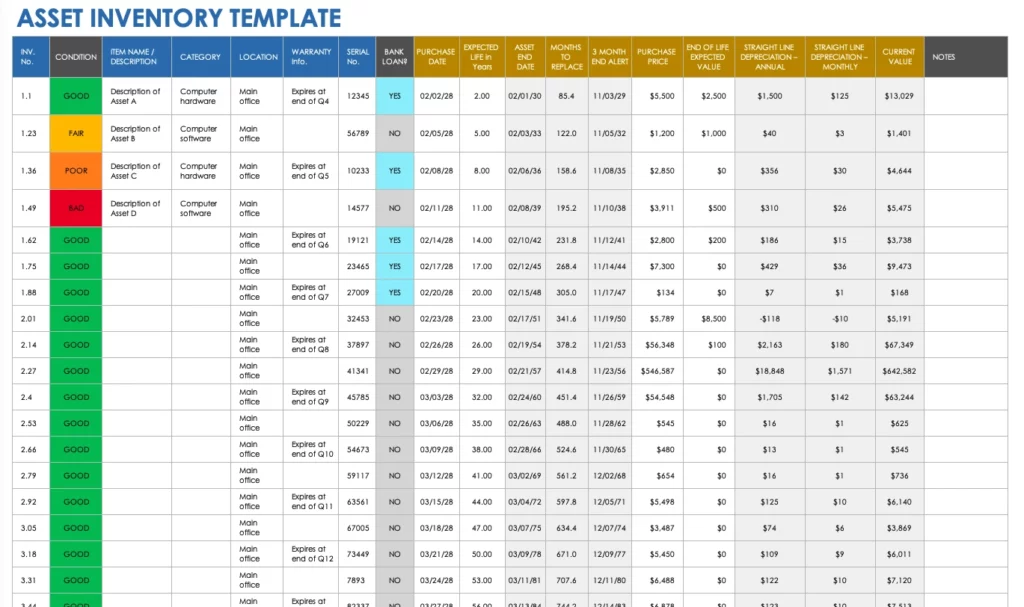
Being in charge of a home is no easy feat, and many things can easily be forgotten amidst the hustle and bustle of life.
In order not to lose track, you can use an Excel sheet to indicate the name of the items you own, when and where you purchased them, and for how much – using the sorting tool in Sheets, you can sort the items whether for insurance purposes or anything that may need sorting.
6. Academic help
especially for students or those continuing with their studies; spreadsheets can help arrange study timetables, check on exams, tasks, or anything else, and act as a reminder of certain dates and events.
If you have a wide area to discuss, you can follow the particular sections of the matter and highlight them as done one by one.
7. Keep track of your fitness and diet
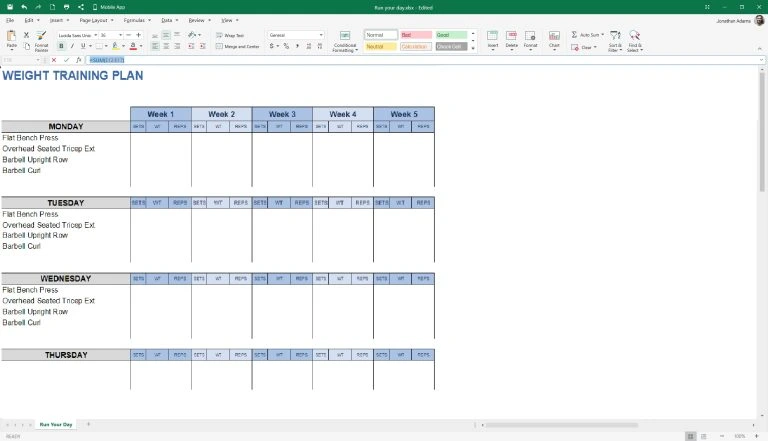
In fact, tracking and monitoring fitness and health goals are equally enhanced when individuals use spreadsheets.
Make workout logs to track progression and trends regarding your exercise, and register and analyze your dietary plans and overall calorie consumption.
8. Bill payment tracking
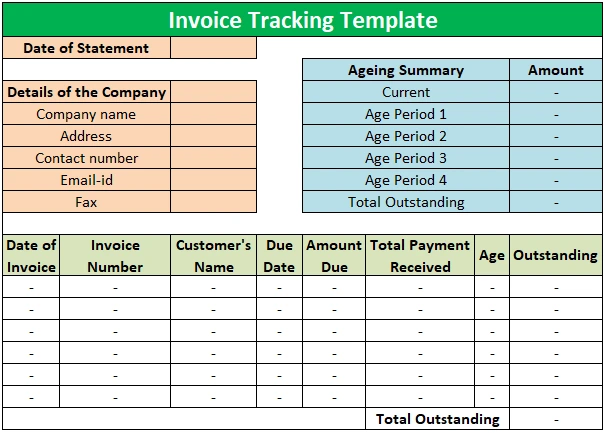
I can tell you for free that there is nothing as heart-wrenching as not being able to meet some bill payments and ending up paying fines and or having your service terminated. Avoid it by issuing a bill identification, bill due date, bill amount, and payment status columns in a spreadsheet.
Overdue payments or payments due soon can also be using conditional formatting, such that you receive a point of reminder. Sheets have a budgeting template if you do not know where to begin.
9. Home renovation and project tracking
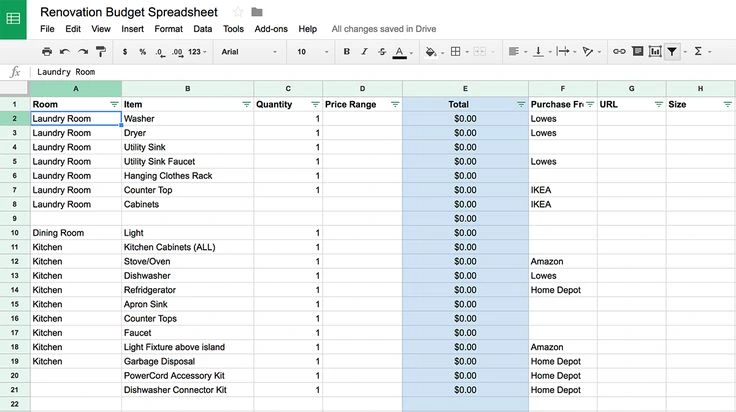
If construction work is coming up at home, a spreadsheet can be used to create a list of project tasks, cost estimates, actual costs and a time frame. The comparison with the disclosed budget estimate lets you track the course of work and prevent additional costs.
10. Family calendar and scheduling
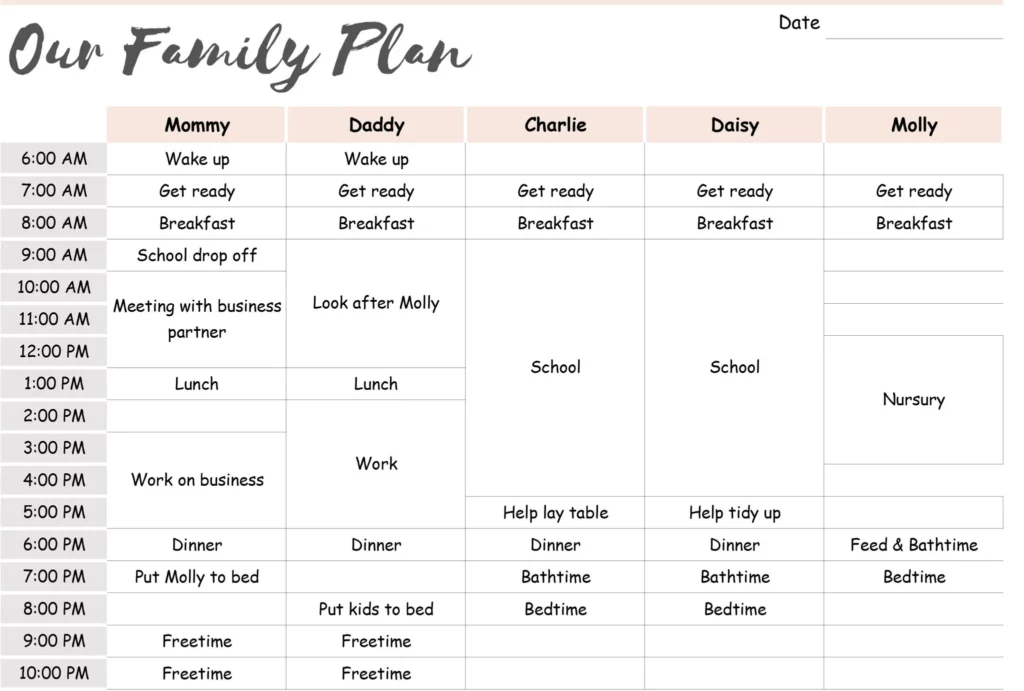
In big families or families with children, the Sheets helps create a family calendar or a schedule with dates, events, and people tabs to monitor family events, appointments, or other obligations on columns.
Data can also be sorted by event types or people and colour-coded accordingly. One can also use conditional formats. Finally, one can also engage in the creation of pivot tables.


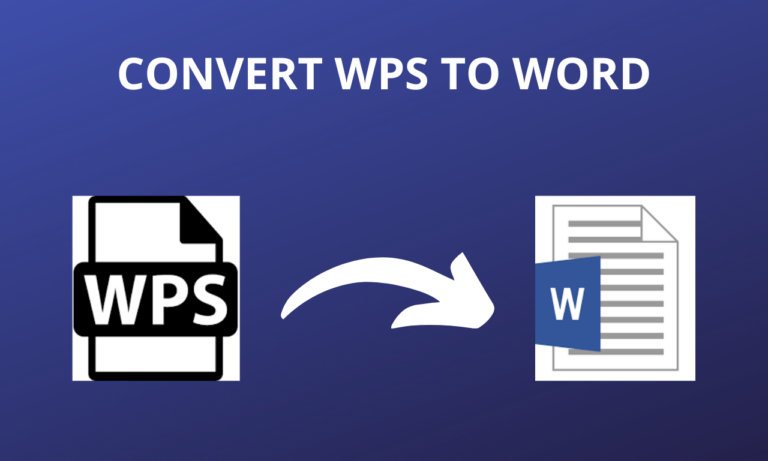
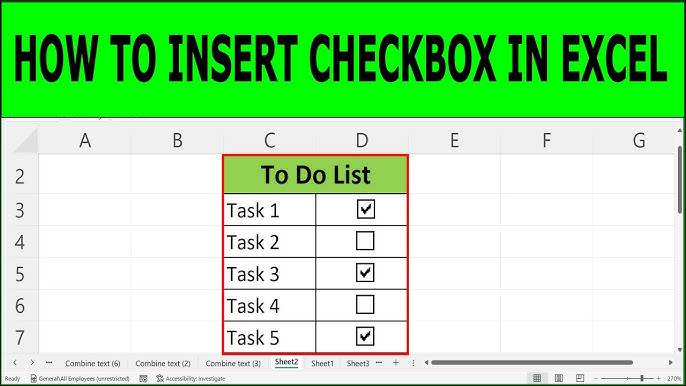
![How to insert a Word document into Excel [Top 8 Methods]](https://samplates.com/wp-content/uploads/2024/12/How-to-insert-a-Word-document-into-Excel-768x432.jpg)

